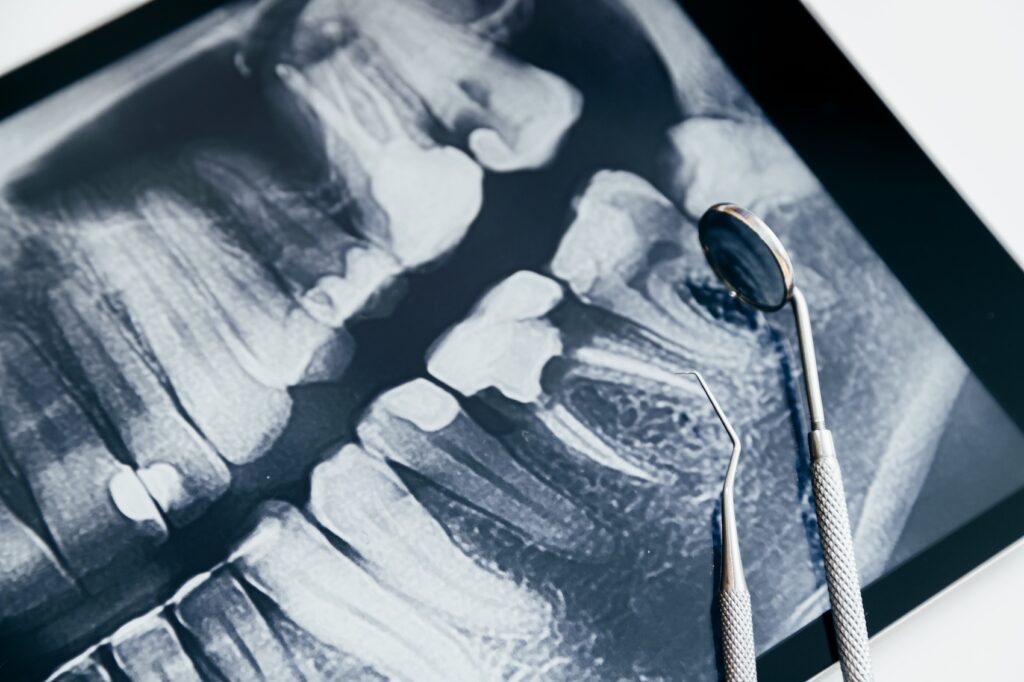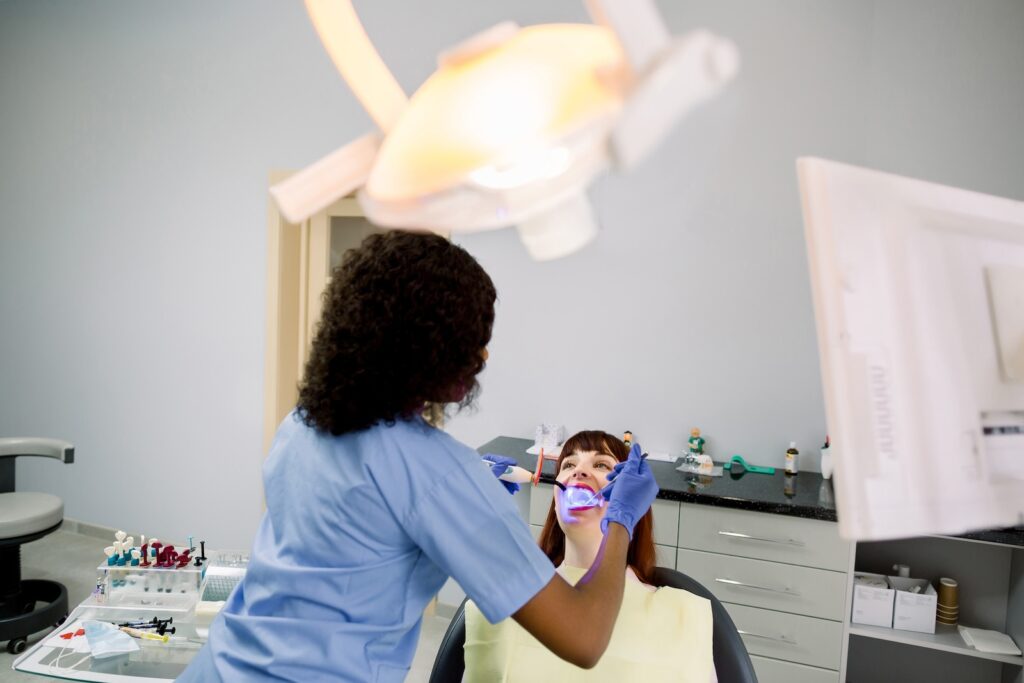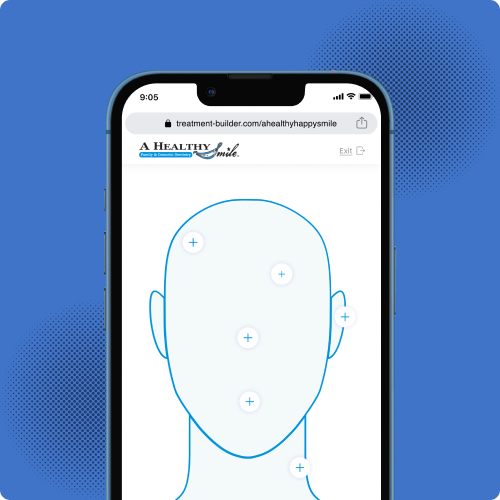
Over 80% of people experience tooth pain. When you have tooth pain, it’s almost impossible to concentrate on anything and then you begin to wonder if you need to have the tooth pulled.
Deciding whether or not you should be getting a tooth pulled isn’t always easy. Sometimes it’s because of pain, other times crowding, and other dental problems.
But how do you know when you should have a tooth extraction? If you’re wondering whether or not you should contact your dentist about pulling a tooth, here are some clear signs that it’s time.
1. Severe Pain
Experiencing severe pain in your tooth could stem from a number of reasons. If it hurts when you chew, speak, or move your mouth in any way, the likely hood of you needing a tooth extraction is pretty high.
The best thing to do is to contact your dentist and see if they can identify the cause of your severe pain.
2. Overcrowding
Overcrowding is a term that refers to teeth stacking on top of each other. When teeth are crowded, there’s not enough space for them to be in their proper position, or they inhibit other teeth from coming through. As a result, they crowd each other and this leads to pain and discomfort.
In order for you to have your teeth in the right place, you may need to pull the tooth that’s causing crowding problems. This should only be done under the discretion of a dentist.
3. Impaction
Impaction happens when teeth do not come through as they should. It is the result of overcrowding. It usually happens to molars in the back of the mouth, but could affect any tooth.
In order for your tooth to erupt through the gums, you’ll need to have the tooth that’s blocking it pulled.
4. Infection
A tooth infection can arise from many causes: bacteria, trauma, disease, and decay. When an infection happens, and it’s not immediately cared for, this could cause the infection to spread to the other teeth or parts of the body. As the infection spreads, your tooth becomes more painful and you’re exposing your body to more bacteria.
Signs of an infection may include puss, pain, swelling, sensitivity, fever, or redness. Clearing an infection sooner rather than later is important, so contact your dentist if you think you have any signs of an infected tooth.
5. Periodontal Disease
Periodontal disease is a gum and jaw infection that results, mainly, from poor oral hygiene. In some cases, it can be reversed with deep cleaning, check-ups, and a daily oral hygiene routine.
However, when the periodontal disease goes undiagnosed, you run the risk of losing your teeth. This is because the roots become infected and the gum begins to pull away from the tooth. If the periodontal disease becomes advanced, you will need to have a tooth extraction.
6. Tooth Damage
When your tooth is damaged, whether it’s due to injury or illness, it may be prone to decay. When this happens, it’s painful and the tooth may need to be pulled.
Sometimes, if the tooth is cracked or chipped, there is a possibility of restoring it. However, if the damage is severe, the tooth should be pulled.
7. Jaw Pain
Any jaw pain or stiffness is likely because of an infection or disease stemming from the tooth itself. This can cause you to experience pain and stiffness in the jaw. If you’re not sure of the source of your jaw pain, and you find it difficult to move your jaw, make an appointment with your dentist.
What Happens Before and After A Tooth Extraction
Getting a tooth pulled can be a frightening experience for some people. But with today’s technology, dentists can extract your tooth with minimal discomfort during the process.
If you need to have a tooth pulled, the dentist may take x-rays and offer sedation. Then, they may cut the gum back in order to reach the tooth, especially in a case of impaction. They will typically use a tool to pull the tooth.
Once the tooth is pulled, the dentist will apply gauze to stop bleeding and may administer stitches. Your aftercare should consist of taking over-the-counter medication for the pain. The dentist will give you specific care instructions, but you can expect your swelling and pain to subside after a few days.
If you find that the swelling doesn’t decrease, and there’s lingering pain, contact your dentist immediately.
How Much Does it Cost to Get A Tooth Pulled?
The cost to pull a tooth will depend on the tooth, location, the dentist’s fees, insurance, and more. Generally speaking, it can cost a few hundred dollars for a tooth extraction.
However, the risks of not having that tooth pulled may lead to more dental treatments which can be costly. For example, if an infection spreads to your surrounding teeth or jaw, the cost to calm the infection or have other teeth pulled will far exceed a couple of hundred dollars.
Having your tooth pulled may be the best option for you. The good news is that many dental offices offer payment plans for their services. If you find yourself in financial hardship, reach out to your dentist for payment options.
Do You Need to Have A Tooth Pulled?
Having a tooth pulled can be a scary experience, but with medication to make you comfortable and help from your dental office, your days of painful teeth can be cut short. A pulled tooth can spare you much pain and money in the long run.
Are you looking for a dentist or a tooth extraction? Visit our website today to see our services and make an appointment.



